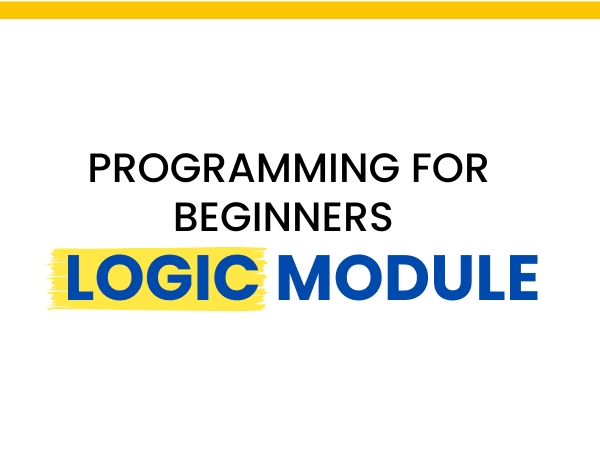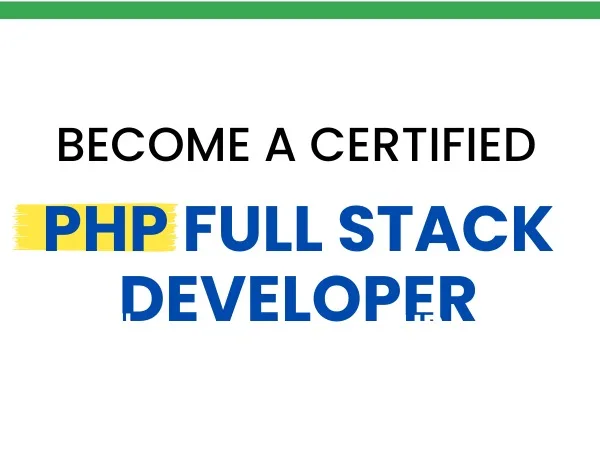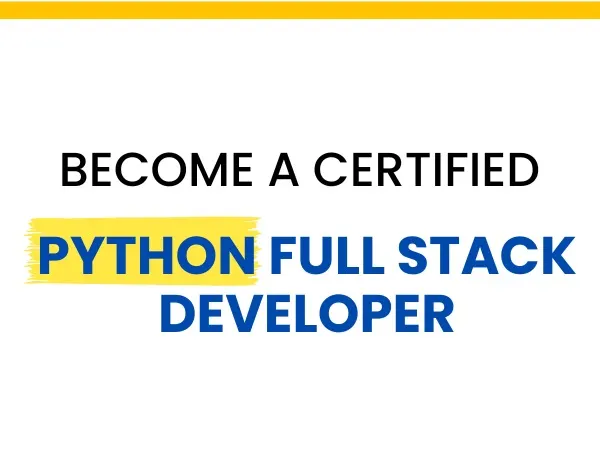C++ Programming Languages
C++ Programming Course at DCODE Institute
Master C++ Programming with DCODE Institute: Your Gateway to a Successful Career in Software Development
- 5.0
- Certificate
- All levels
- Online
- Offline
- English-Hindi-Gujarati
The Predicious Features For You!
- Dcode Institute Develops Logical Thinking
- Dcode Institute Improves Coding Skills.
- Dcode Institute Helps You Work Smartly
- Coding Empower Your Life
Book online class
Course Description
Master the Fundamentals of Programming with DCODE Institute's C++ Course
The C++ Programming Course at DCODE Institute is designed to provide a comprehensive understanding of one of the most powerful and widely used programming languages in the world. Whether you are a beginner or have some experience in programming, this course will guide you through the essential concepts of C++ and help you develop real-world programming skills.
Throughout this course, you will explore key programming topics such as data structures, algorithms, object-oriented programming (OOP), and memory management, equipping you with the skills to write efficient and optimized C++ code. Our expert instructors will provide you with hands-on experience through practical projects, allowing you to apply your knowledge in real-world scenarios and build a solid foundation for a career in software development.
What you’ll learn
- Basic C++ Syntax and Concepts: Understand the fundamentals of C++ including variables, data types, and operators.
- Control Structures: Learn how to use loops, conditionals, and functions to control the flow of your program.
- Object-Oriented Programming (OOP): Master classes, objects, inheritance, polymorphism, and other OOP principles.
- Memory Management: Gain expertise in dynamic memory allocation, pointers, and memory handling to optimize your programs.
- Advanced C++ Features: Dive into advanced topics like templates, the Standard Template Library (STL), and file handling.
- Multithreading and Concurrency: Learn how to design efficient, multithreaded applications to take advantage of modern processors.
- Certificate of Completion: Receive a certification upon successful completion of the course, validating your new skills.
- Hands-On Projects: Work on real-world projects to build a portfolio that showcases your skills to potential employers.
- Game Development
- Algorithm Development
- System Programming
By the end of this course, you will have a strong command of C++ programming, allowing you to take on more advanced programming challenges and pursue a rewarding career in software development. Enroll today at DCODE Institute and start your journey to becoming a C++ expert!
About Instructor
Vijay Patel is an experienced and passionate C++ programming expert with over 10 years of hands-on experience in software development and teaching. As a senior developer and educator, Vijay has worked across a variety of industries, including finance, gaming, and embedded systems, where C++ is the backbone of high-performance applications.
With a strong academic background in Computer Science and Software Engineering, Vijay holds a Master’s degree in Software Development and is a recognized expert in C++, Object-Oriented Programming (OOP), and Advanced Algorithms.
- Mail ID:[email protected]
- Web:https://dcodeinstitute.in
Our Student Reviews
4.5
(Based on todays review)
Amarsang Vaghela
2 days ago
"Amazing course! Vijay Patel is an outstanding instructor. His clear explanations and practical examples helped me understand even the most complex C++ concepts. I feel confident now to apply C++ in real-world projects. The hands-on projects were a great addition, and I can already see the improvements in my coding skills."
Mukesh Solanki
1 days ago
"I had no prior experience with programming, and I was initially intimidated by C++. But DCODE's structured approach and Vijay’s patient teaching style made everything so easy to grasp. The course was challenging but rewarding. I built my first app by the end of it, and now I’m applying for junior C++ developer roles!"
Piyush Vaghela
2 days ago
"The course at DCODE Institute is one of the best learning experiences I’ve had. Vijay Patel's way of breaking down complex topics like memory management and multithreading was incredibly helpful. The real-world projects are what set this course apart—by the end, I had a solid portfolio to show to potential employers."
Leave a Review
Frequently Asked Questions
This course includes
- Skills Beginner
- Language English
- Certificate Yes






